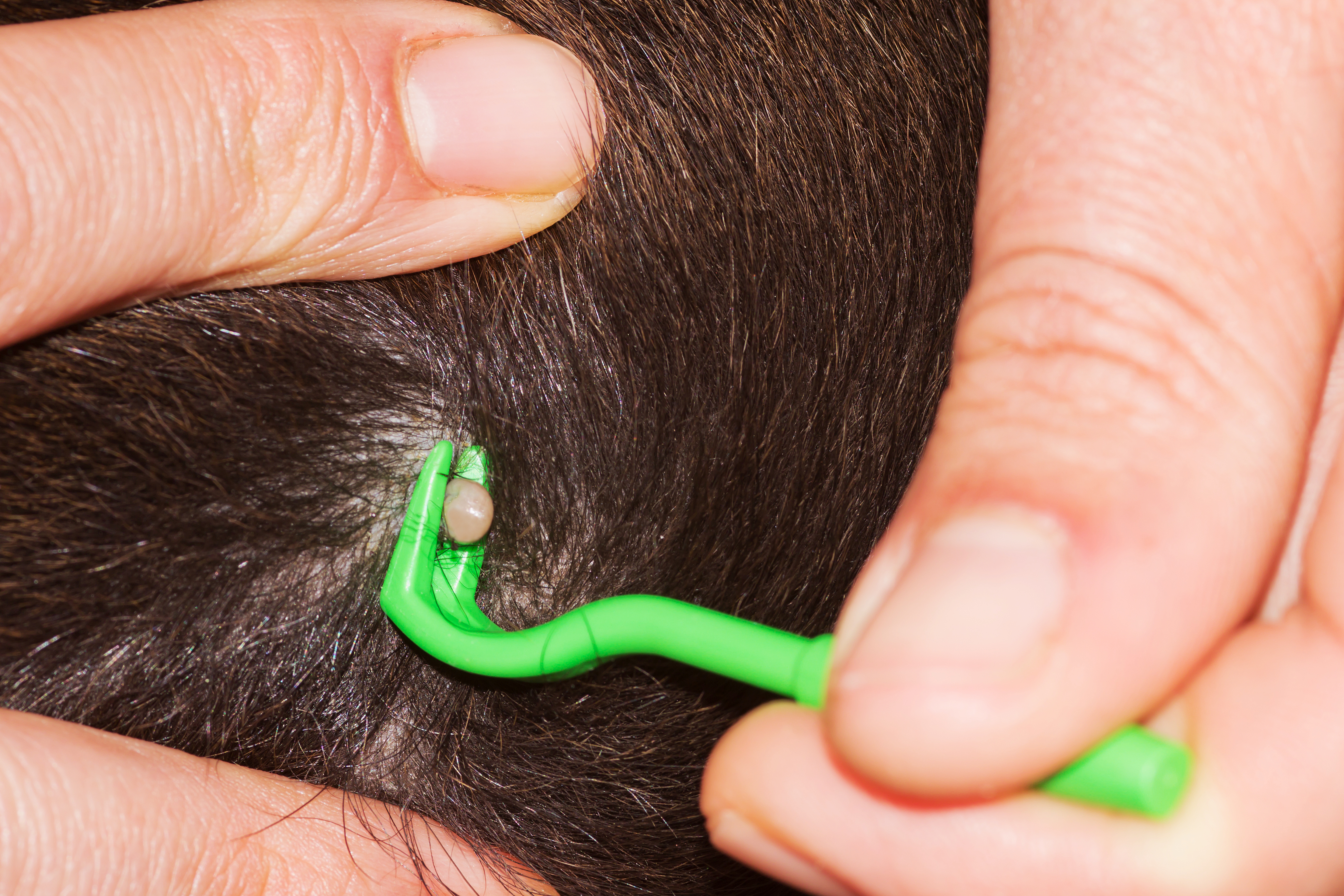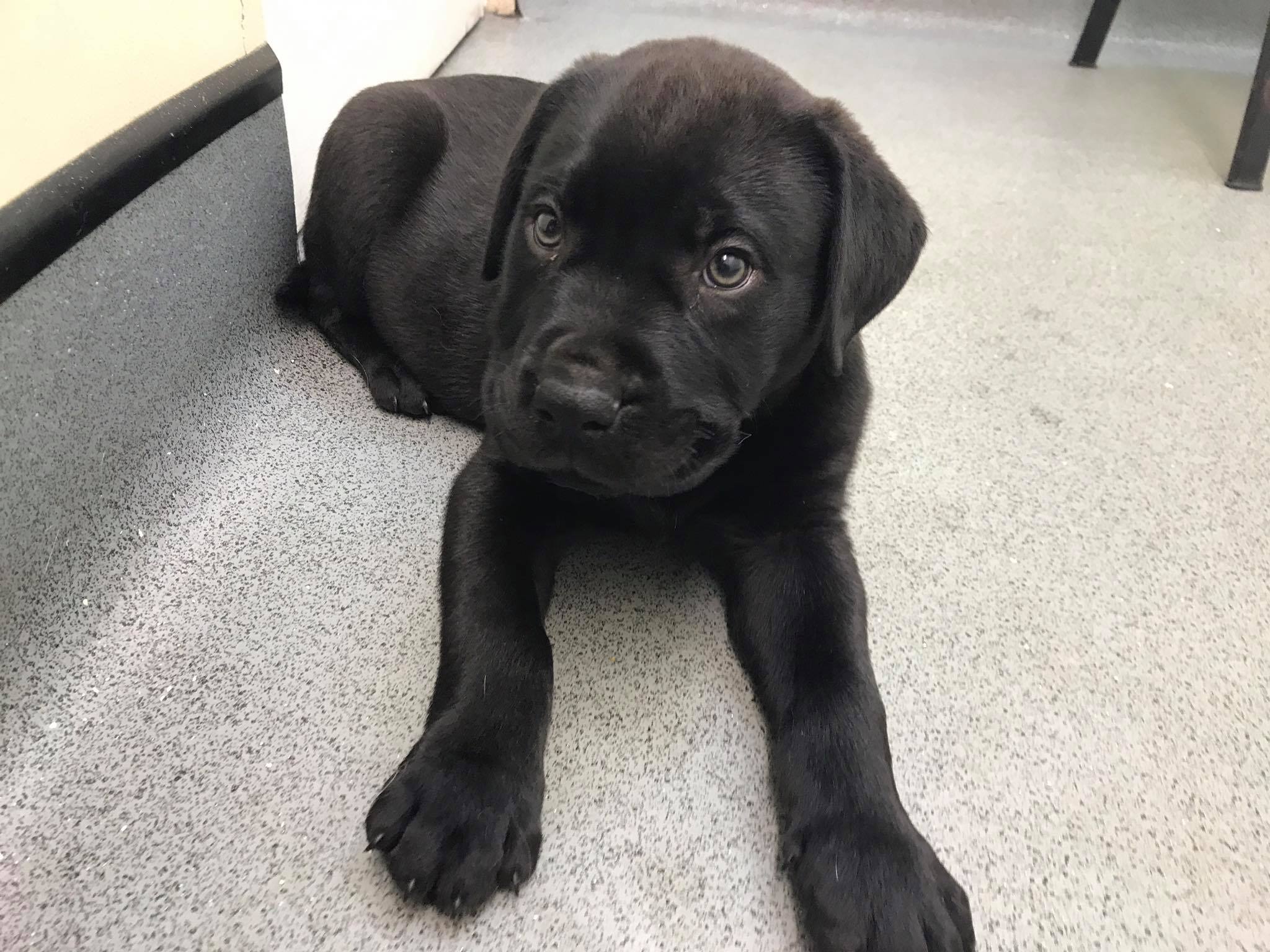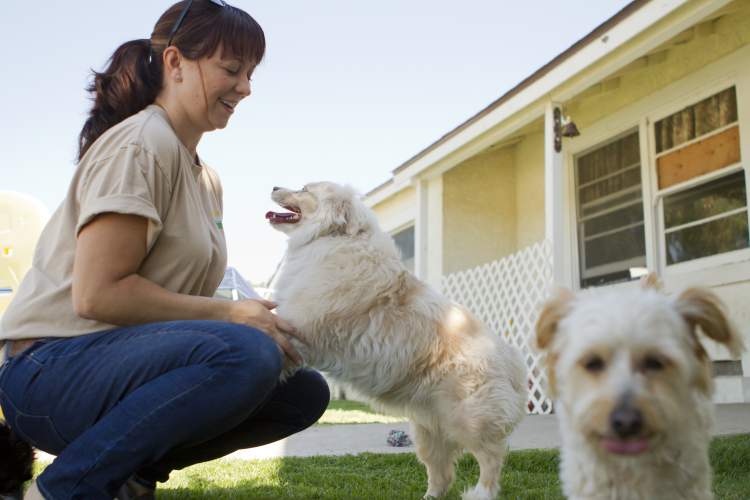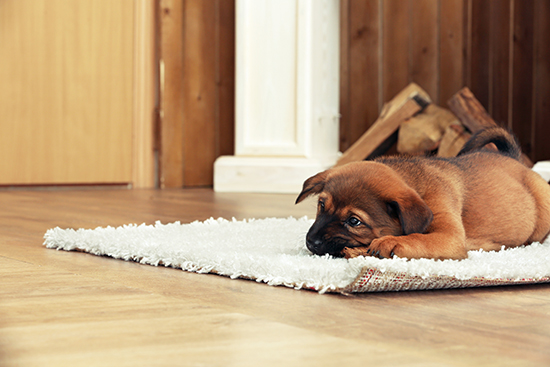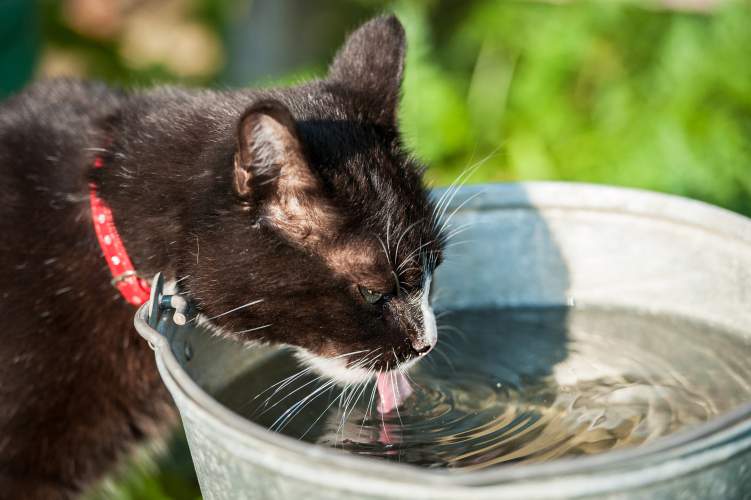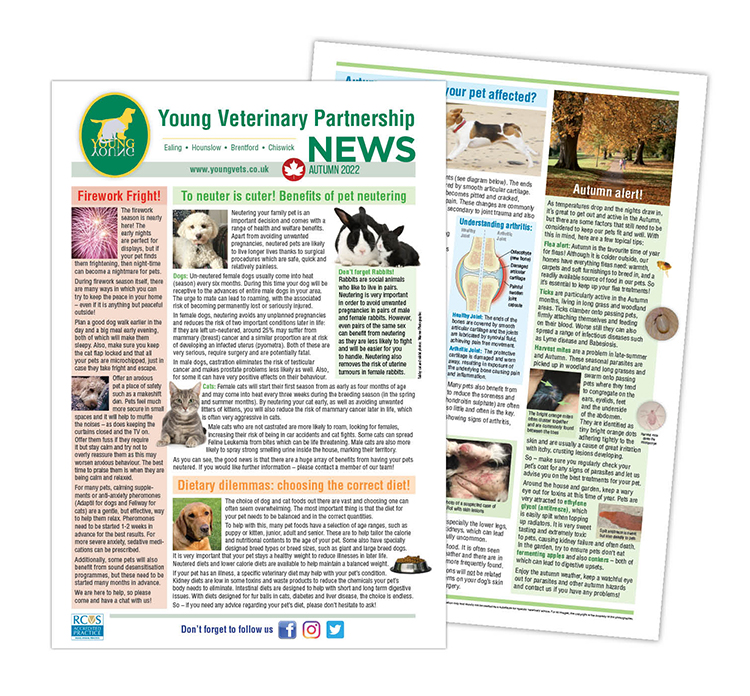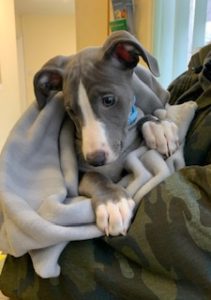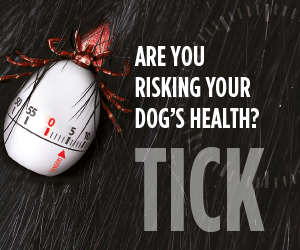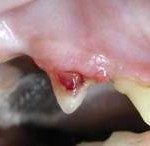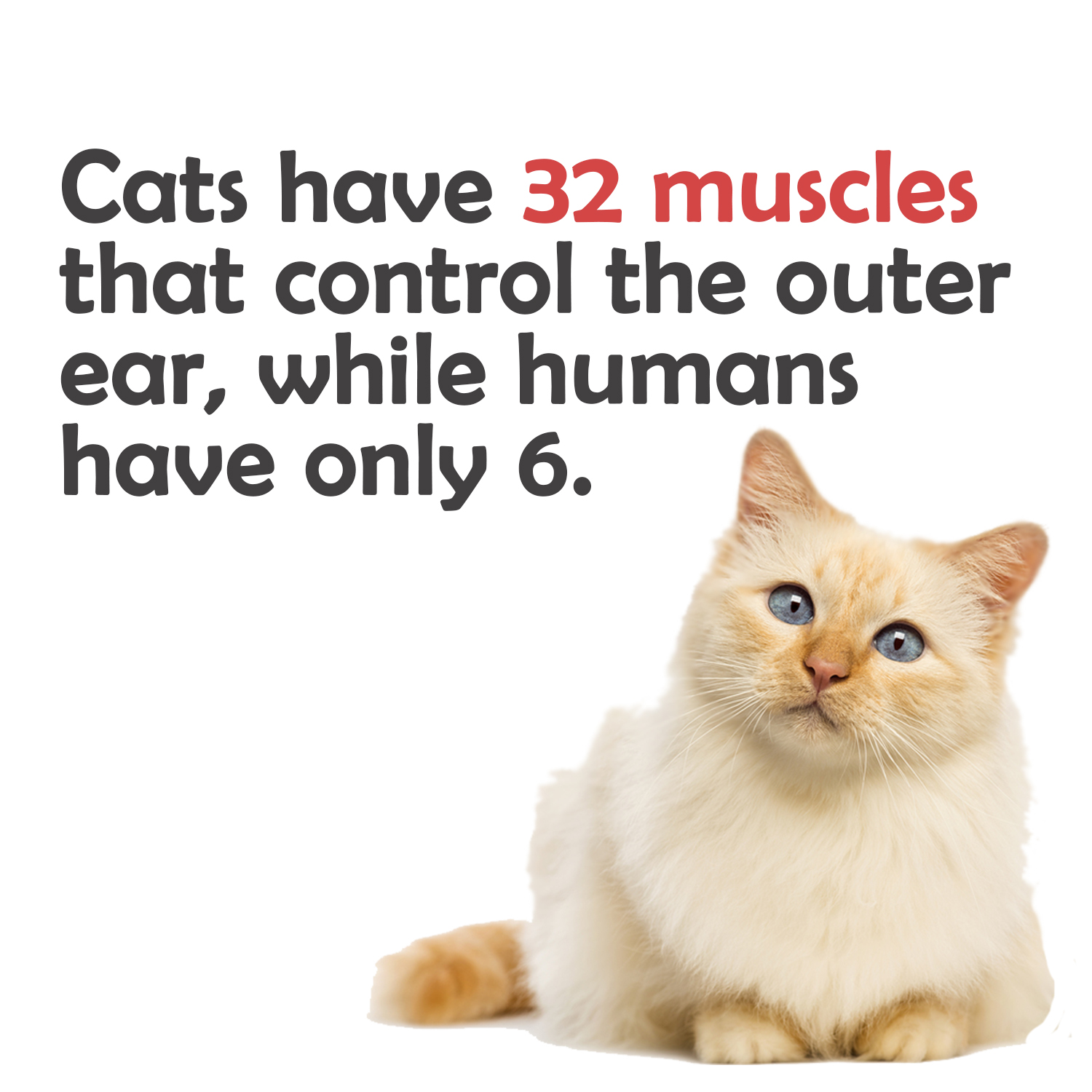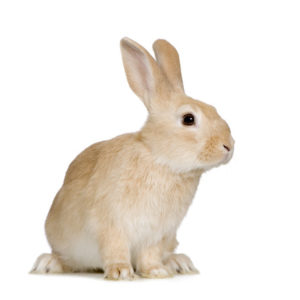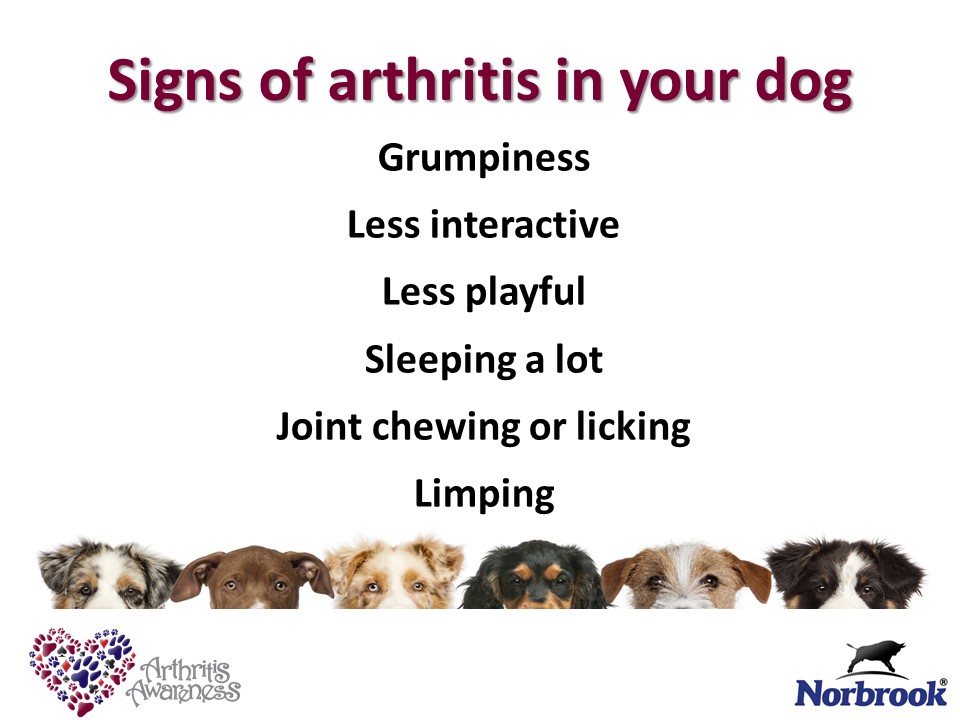Enjoy the autumn
Enjoy the autumn weather, a truly beautiful time of year – golden trees and the cooler, crisp mornings. We’ve put together some top tips to keep your pet safe during the changing seasons, from Autumn joint alert to parasite protection and why treating for parasites is a year round job for pet owners.
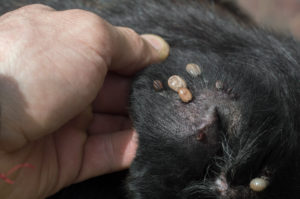
Caring for your pet’s teeth
Poor dental health can be very painful, leading to tooth loss and the potential for infection to spread to other organs in your pets body. Dental disease is one of the most common conditions we see here in practice, sadly, bad breath seems to be considered ‘normal’ by many pet owners. Our Autumn Pet Blog discusses dental disease, what to watch out for and what can happen if left untreated. If you have concerns over your pets oral hygiene please ask our vets for advice at your pets next visit.
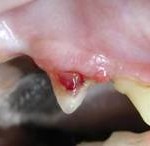
Wasps and bees
are coming to the end of their summer lives and are often pretty slow, but their stingers are not! Their sting can cause painful swellings, so keep a close eye on your playful pets. Our Autumn News also discusses the a range of topics that pet owners should be aware of at this time of year to keep your pets safe and well.
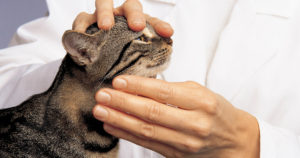
With the nights getting darker
it means that fireworks season is just around the corner, are you and your pet prepared? There are a few simple things you can do to help keep your pet safe including,
- Check your chip – Are your contact details on your pets microchip up to date?
- Lock your cat flap when the evenings start getting dark, provide a litter tray for overnight.
- Walk your dog on a lead or longline, to keep them safe and under control.
- Where possible, exercise your dog in the light.

There are various options available to help your pet cope when the fireworks start being set off, many pets cope well, but if your pet needs a little extra support please do not hesitate to contact our team to be prepared before they start.
We hope you enjoy reading our latest Autumn Pet Care blog, if you have a query on any of the articles mentioned please do not hesitate to contact our team for further advice.

